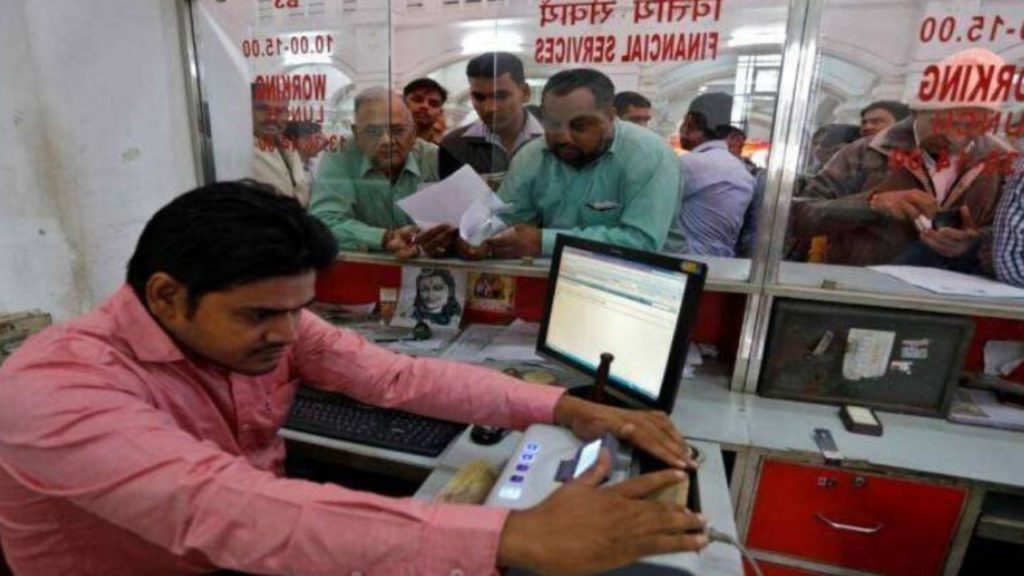Finally, here comes the piece of good news for bank employees as the Indian Banks’ Association (IBA ) and bank unions have agreed to a 17 percent wage hike for bank employees across all the public sector banks in India reportedly.

Salary Hikes For Bank Employees
It appears that the Indian Banks Association and bank unions have agreed on a 17% wage hike for all public sector banks, amounting to Rs 12,449 crore.
In this regard, the representatives of the unions and officials of the Indian Bank Association signed an accord late Thursday night.
This amount, which adds up to a staggering Rs 12,449 crore, is planned to benefit around 9 lakh bank employees, including 3.8 lakh officers.
This wage revision will be applicable for five years with retrospective effect from November 2022, as per the media report.
In addition to this the Bank employees will also receive arrears for the past 12 months since November 2022, the report mentioned.
If you are wondering about the applicability, this package will be applicable to all the public sector banks in India, including the State Bank of India (SBI ) and other old-generation private banks.
Five-day Working For Banks
Besides the salary hike issue, the IBA has further asked the central government to declare all Saturdays as bank holidays under the Negotiable Instruments Act.
The IBA had also approached the Union Government with the proposal to declare a five-day work week for banks.
This simply means that if it gets approved, the banks will move to a five-day work week as against the existing schedule of alternate five-day weeks.
As we all know that presently, banks in India are closed on the second and fourth Saturday of the month.
Apart from this, the agreement will work out a one-time monthly ex-gratia for pensioners and family pensioners who were drawing pensions before October 31, 2022.
As per this update, a joint note on bipartite wage revision will be finalized within 180 days.
This MoU represents the 12th bipartite wage hike settlement between the bank’s association, the unions, and the officers’ association since the industry’s collective bargaining system started in 1966.











